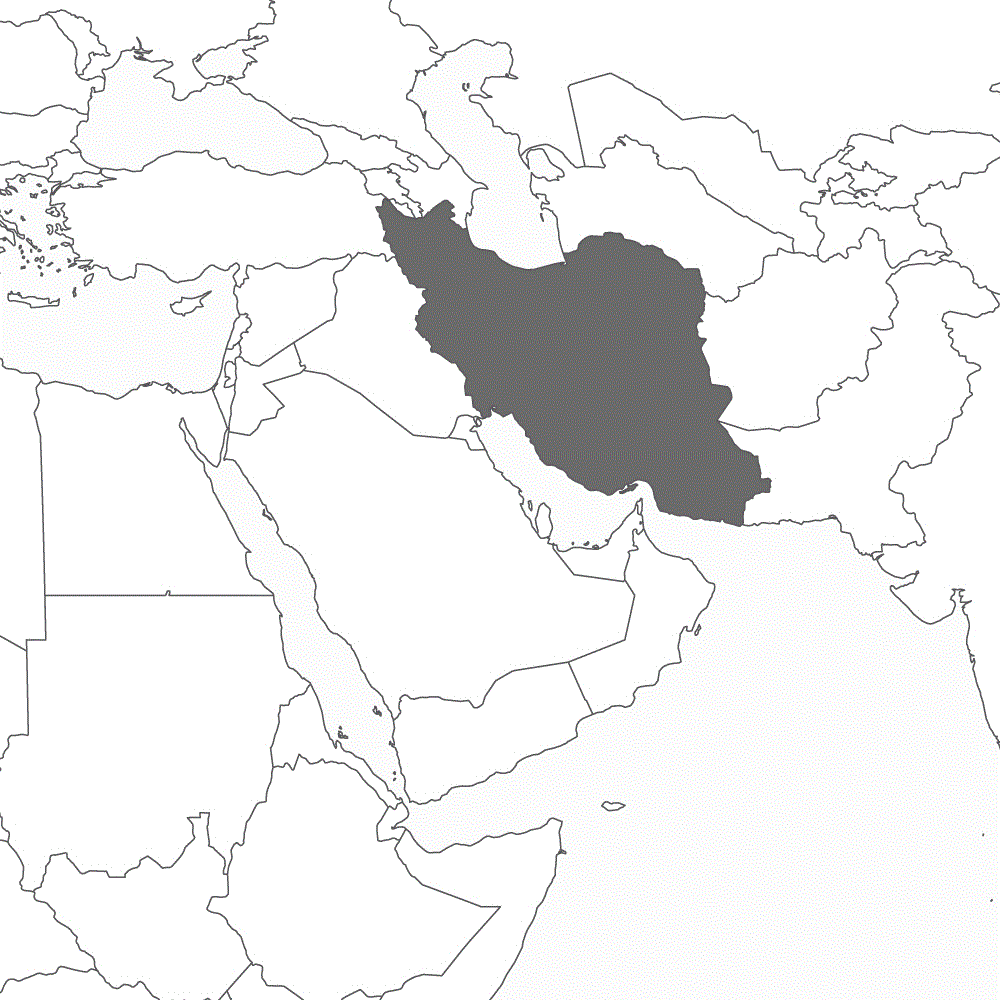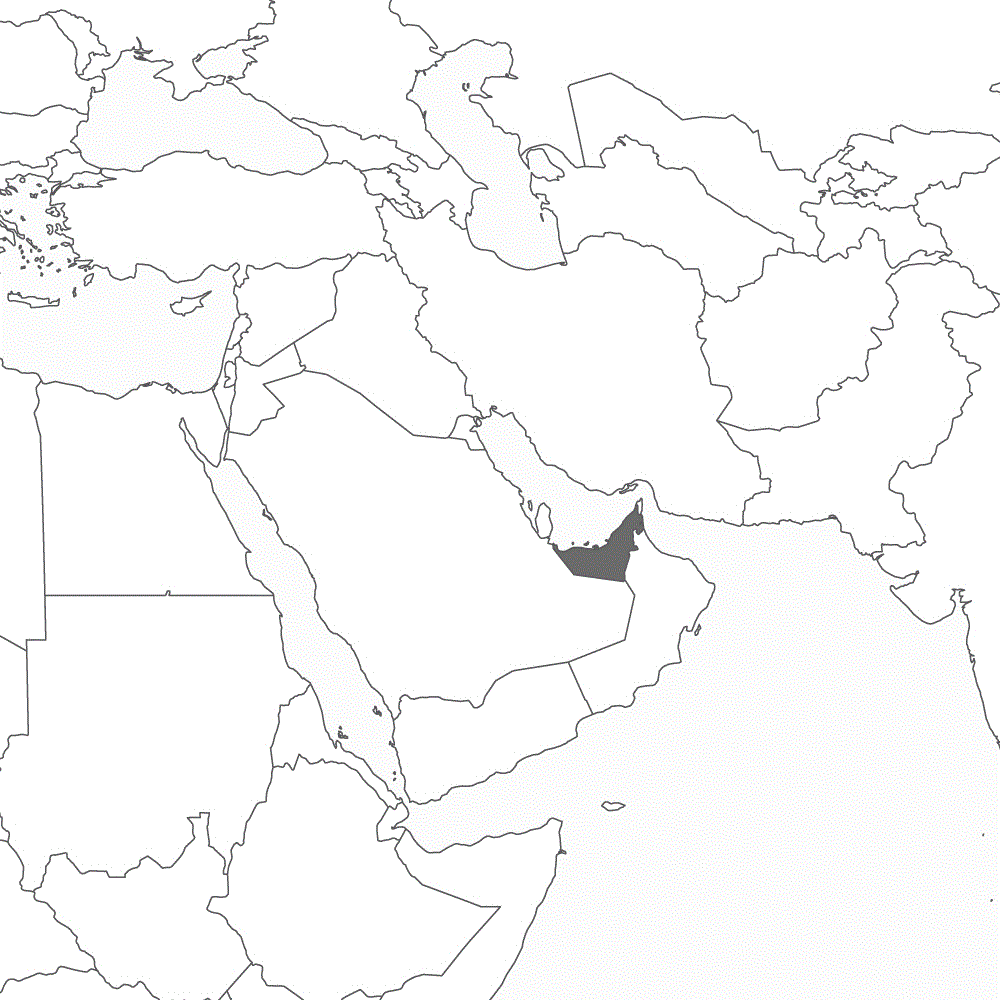The End of US Domination at the Persian Gulf
Think tank calls on Berlin and EU to intensify their efforts to gain influence at the Persian Gulf. So far, China is main beneficiary of US partial withdrawal, and could become the stabilizing power of the Middle East.
BERLIN/TEHRAN/ABU DHABI (Own report) - The incoming German government should intensify its efforts to gain influence at the Persian Gulf, thereby assuring that the EU can be "an actor" in the "global contest" for obtaining regional power. This demand is raised by the German Council on Foreign Relations (DGAP) in its current position paper, due to the power vacuum that is developing from the US focus on its power struggle against China, and therefore withdrawing from the Middle East. The People's Republic of China, on the other hand, is strengthening its position, not only in Iran, with which it had concluded a 25-year "strategic partnership" last March and is seeking means for circumventing US sanctions, but in Arab Gulf countries as well. Beijing, for example, is also expanding its activities in the United Arab Emirates (UAE) and in Saudi Arabia - and is supplying them with 5G technology from the Huawei corporation, that Washington is so fiercely opposing. Appeals to Berlin and Brussels to strengthen the EU's position in the region, have so far been in vain. The DGAP warns that in light of the global "rebalancing of power, " raising the question of whose order will prevail. Read more
Counterweight to China at the Gulf
The strategy center of the German government demands that the EU exert more influence on the Arabian Peninsula - using also so-called security policy.
BERLIN/RIYADH/ABU DHABI (Own report) - The EU should take advantage of current turbulences on the Arabian Peninsula to intensify its activities for gaining more influence in the region, according a working paper just published by the Federal Academy for Security Policy (BAKS), the most important military policy strategy center for the German government. As the BAKS notes, the energy transition compels the Arab Gulf states to abandon their economic focus on oil and gas. Moreover, following the change of US administrations, they are cautiously turning away from an openly confrontational policy toward Iran. This offers the opportunity to play a leading role in facilitating a new security dialogue in the Gulf, while enabling the EU to establish "a counterweight to Chinese influence in the region," according to the BAKS. China is gaining strength on the Arabian Peninsula. It is setting up a regional manufacturing plant for Covid-19 vaccines in the United Arab Emirates, while Huawei is rolling out the country's 5G network and is intending to upgrade it to a cyber security hub. Read more
BERLIN/TRIPOLI/ABU DHABI (Own report) - Despite the UN arms embargo, German military equipment is being deployed in the Libyan war. According to reports, this includes military trucks, produced jointly by the Düsseldorf-based Rheinmetall arms manufacturer and the VW subsidiary MAN, which serve as carriers for a Russian air defense system. The United Arab Emirates (UAE) purportedly redeployed these trucks in to Libya in support of the warlord Khalifa Haftar. The Emirates also use German arms in the war in Yemen. This is no coincidence: The Gulf state, one of German arms manufacturers' major customers, is increasingly pursuing an offensive foreign policy, which includes a military component, as in cases such as Libya and Yemen. Abu Dhabi is also supporting German efforts to control the Sahel and has begun establishing military bases at the Horn of Africa. Germany maintains a "strategic partnership" with the UAE. Read more
GERMAN-FOREIGN-POLICY.com
Information on German Foreign Policy: News + Interviews + Analyses + Background

